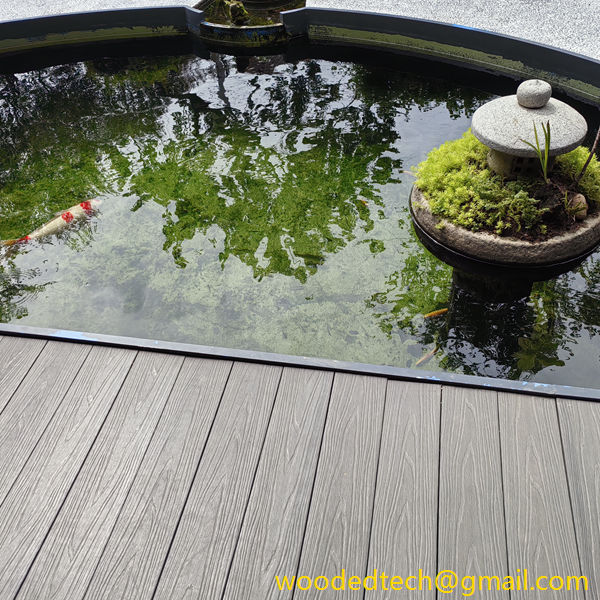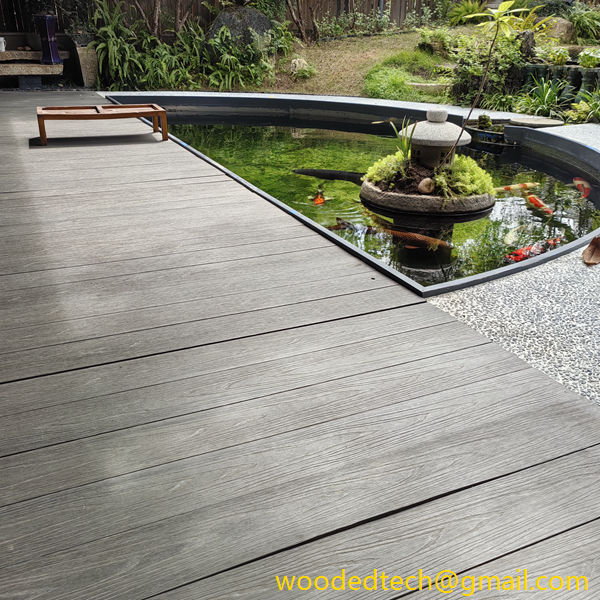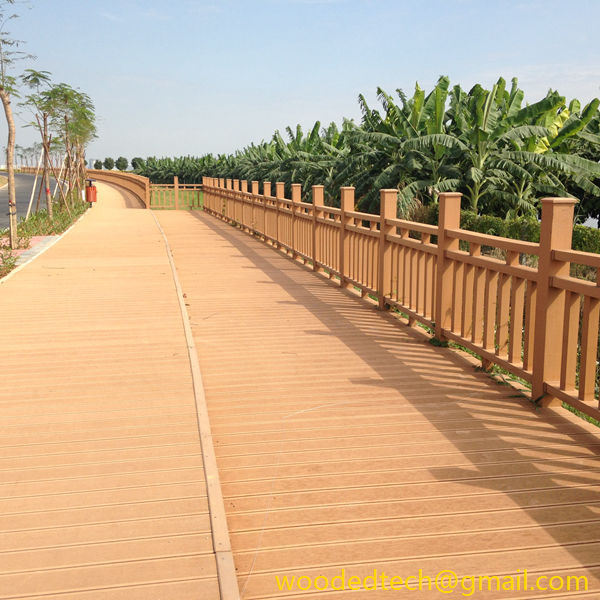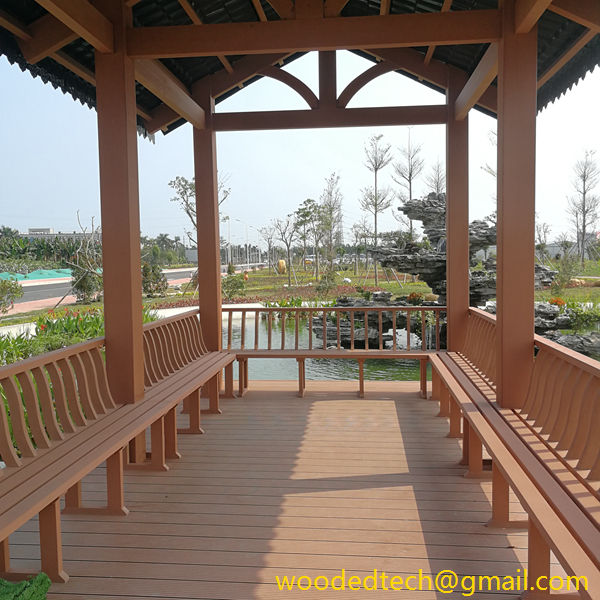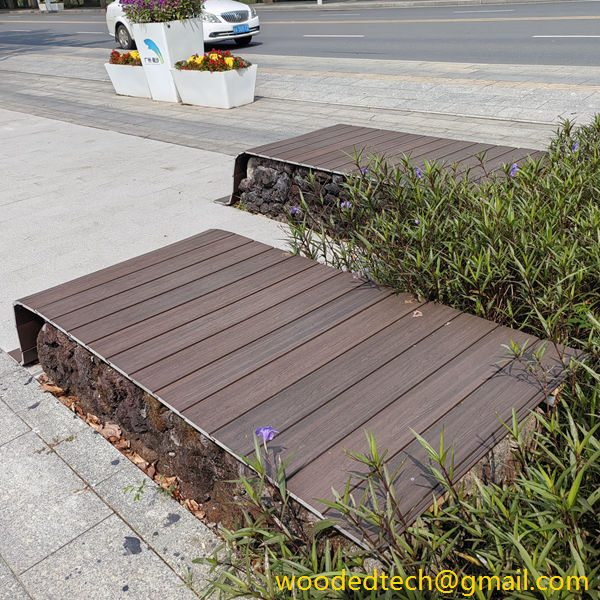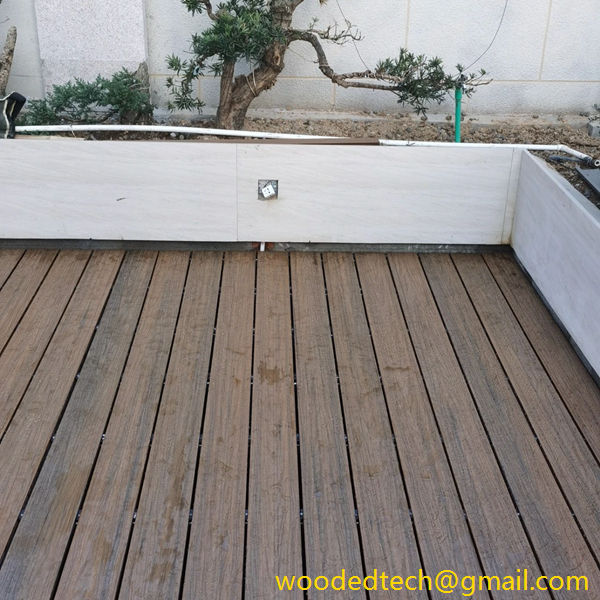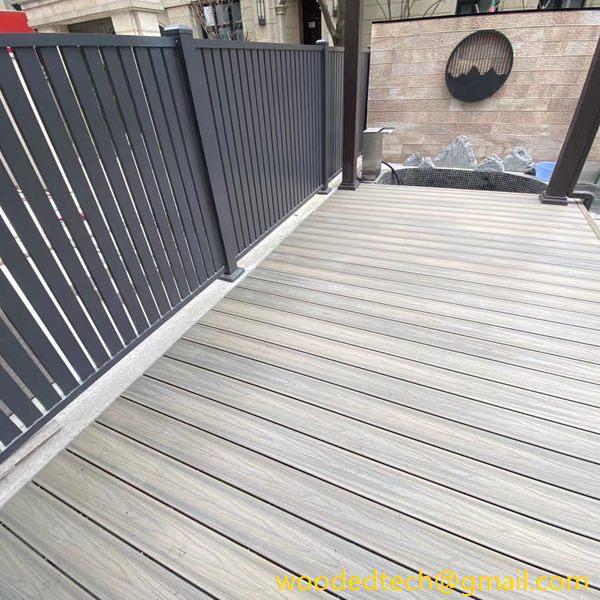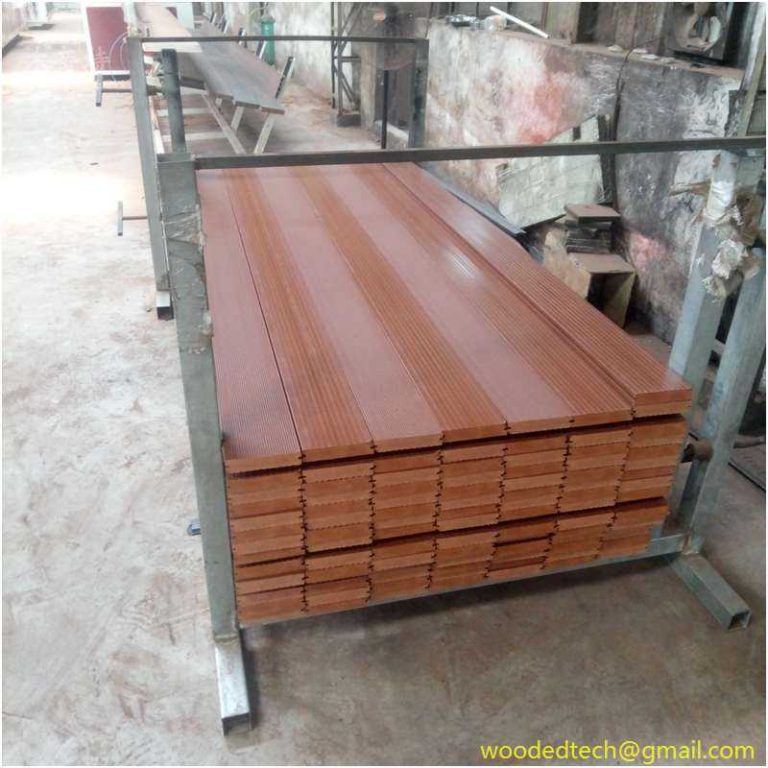Is WPC Flooring Good? Evaluating Its Benefits
Is WPC Flooring Good? Evaluating Its Benefits When it comes to choosing the right flooring for your home or office, there are numerous options available, each with its own set of advantages and disadvantages. One material that has gained popularity in recent years is Wood Plastic Composite (WPC) flooring. This article will explore the benefits…
Is WPC Flooring Good? Evaluating Its Benefits
When it comes to choosing the right flooring for your home or office, there are numerous options available, each with its own set of advantages and disadvantages. One material that has gained popularity in recent years is Wood Plastic Composite (WPC) flooring. This article will explore the benefits of WPC flooring, particularly focusing on its ease of installation, durability, aesthetic appeal, and maintenance requirements.
WPC flooring is a type of engineered flooring that combines wood fibers and plastic composites. This unique composition makes it an attractive option for many homeowners and builders. One of the most significant advantages of WPC flooring is its ease of installation. Unlike traditional hardwood or tile flooring, which often requires professional installation and specialized tools, WPC flooring is designed with a click-lock system. This system allows for a straightforward, floating installation over most existing floors, which means that you can often install it without the need for glue, nails, or staples.
The ease of installation is especially appealing for DIY enthusiasts. If you enjoy home improvement projects, you will find that laying WPC flooring is a manageable task. Most manufacturers provide detailed instructions and guides, making it easy for even those with limited experience to achieve professional-looking results. Additionally, because WPC flooring is lightweight and easy to handle, you can quickly move and install the planks without the physical strain associated with heavier materials.
Another benefit of WPC flooring is its durability. This type of flooring is designed to withstand the rigors of daily life. WPC flooring is resistant to moisture, making it an excellent choice for areas prone to spills and humidity, such as kitchens and bathrooms. Unlike traditional hardwood flooring, which can warp or swell when exposed to moisture, WPC maintains its integrity even in challenging conditions. This characteristic not only extends the lifespan of the flooring but also reduces the need for costly repairs or replacements down the line.
In addition to being moisture-resistant, WPC flooring is also resistant to scratches and dents. The top layer of WPC is often made from a durable wear layer that protects it from everyday wear and tear. This makes WPC flooring an ideal choice for homes with pets or children, where accidents are likely to happen. The ability to maintain its appearance despite regular use is a significant advantage for busy households.
Aesthetically, WPC flooring offers a wide range of design options. The technology used to manufacture WPC allows for realistic wood grain patterns and textures that can mimic the look of natural hardwood. With various colors and finishes available, you can find a style that complements your existing décor. Whether you prefer a modern, sleek look or a more rustic, traditional feel, WPC flooring can provide the aesthetic appeal you desire without compromising on quality.
In terms of maintenance, WPC flooring is relatively easy to care for. Unlike hardwood, which may require regular polishing and refinishing, WPC flooring can be cleaned with simple household products. Regular sweeping and occasional mopping are usually all that is needed to keep your floors looking their best. This low-maintenance requirement is particularly appealing for busy individuals or families who may not have the time or inclination for extensive cleaning routines.
Environmental concerns are also worth considering. Many WPC flooring products are made from recycled materials, making them a more sustainable choice compared to traditional flooring options. If you are mindful of your environmental footprint, choosing WPC flooring can be a responsible decision that aligns with your values.
Despite the many benefits of WPC flooring, it is essential to acknowledge that it may not be suitable for every situation. For instance, while WPC is excellent for moisture-prone areas, it may not be the best choice for outdoor spaces or areas exposed to direct sunlight for extended periods, as UV rays can cause fading over time. Additionally, while the initial cost of WPC flooring may be higher than some laminate options, it is generally more affordable than traditional hardwood flooring.
In conclusion, WPC flooring presents a compelling option for those seeking a practical, attractive, and durable flooring solution. Its ease of installation makes it accessible for DIY projects, while its resistance to moisture and scratches ensures that it can withstand the challenges of daily life. The wide range of design options allows homeowners to achieve their desired aesthetic without sacrificing quality. Furthermore, the low maintenance requirements make it an ideal choice for busy households. Whether you are renovating your home or building a new space, WPC flooring is worth considering as a flooring option that combines style and functionality.

